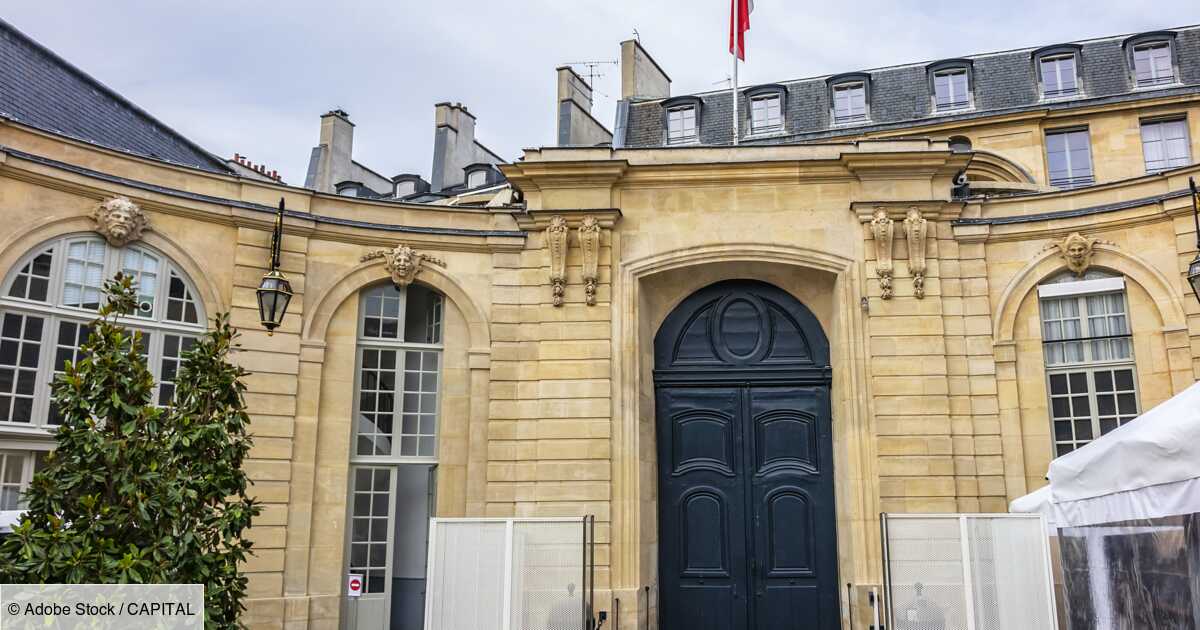
During his general policy declaration, the Prime Minister announced his intention to sell part of the public real estate assets to finance state reform.
© Adobe Stock
– The State’s real estate portfolio includes some 200,000 buildings, covering approximately 95 million square meters of surface area
-
To safeguard
Saved
Receive alerts Real estate sale
Sell part of the State’s enormous real estate assets to finance its reform. This is one of the objectives of François Bayrou. During his general policy declaration, this Tuesday, January 14, the Prime Minister announced “the creation of a special fund entirely dedicated to State reform, financed by realizing part of the assets, in particular real estate, which belong to the public authorities, so as to be able to invest, for example, in the deployment of artificial intelligence in our public services”. There is plenty to do. “The scale of the State’s real estate assets is considerable compared to other European countries”underlined Horizons MP François Jolivet, during the presentation of a report on State real estate to the National Assembly last November. The State’s real estate portfolio actually includes some 200,000 buildingsfor approximately 95 million square meters surface area, compared to around 60 million square meters in Germany. A heritage whose valuation would exceed 70 billion euros.
A parkremarkably valued” in 2023, estimated the Ministry of the Economy in April 2024, reporting a 37% increase in the amount of real estate sales that year, compared to 2022, corresponding to a reduction in surface area of 203,000 square meters . In 2023, 645 state real estate assets had been sold, for a total gain of 279 million euros. It was about “the best year since 2019, in a context of a degraded real estate market”Bercy had underlined. Notable sales in 2023 included the former architecture school in La Défense, sold for 11 million euros, and a holiday center in Saint-Raphaël, for 9 million. A report reflecting the implementation of the objectives of the State’s real estate policy, in particular the reduction of office space by 25% by 2032.
Sale of state real estate: are there any good deals to be found?
Transfer public real estate to a property company
The Court of Auditors was less laudatory, in a report published on December 7, 2023. For around fifteen years, the State’s real estate policy has revolved around two axes: the rationalization of the stock and the consideration of climate change. “To date, these objectives present disappointing results»tackles the Court of Auditors, considering that “the rationalization of space has made little progress, the office occupancy ratio has not improved and the interministerial pooling of buildings remains low”. Moreover, “the energy renovation of buildings, difficult to evaluate, was not included in a multi-year strategy and the quantified objectives were added up and then pushed back over time”growled the Court. And to add that “other regulations – in terms of accessibility, asbestos removal and sanitary conditions – also show problems delays and shortcomings». The Court of Auditors concluded that “State real estate therefore sees a wall of compliance and investment rising before it which requires a response that is not currently the subject of an explicit strategy”.
She then identified several development scenarios, including “the most reformer” proposed to transfer ownership of state real estate to one or more landexternal to the administration but owned by the State and subject to its control, which would invoice real rents to the occupying ministries. A scenario which would benefit from being firstly applied to the office park, then secondly to housing, indicated the Court. This project to create a real estate company to better manage the State’s real estate assets was the subject of a amendment to the finance bill for 2025before the National Assembly rejected the revenue side of the budget. This text provided for the State real estate management agency to be transformed into an Epic (public establishment of an industrial and commercial nature), chaired by the Director of State Real Estate (DIE) , and who would be entrusted with the management of part of its real estate assets. The establishment would receive rent in return. A model that exists in many European countries such as Germany, England, the Netherlands, Finland and Austria, the government emphasized.
Receive our latest news
Every week your appointment with real estate news.









